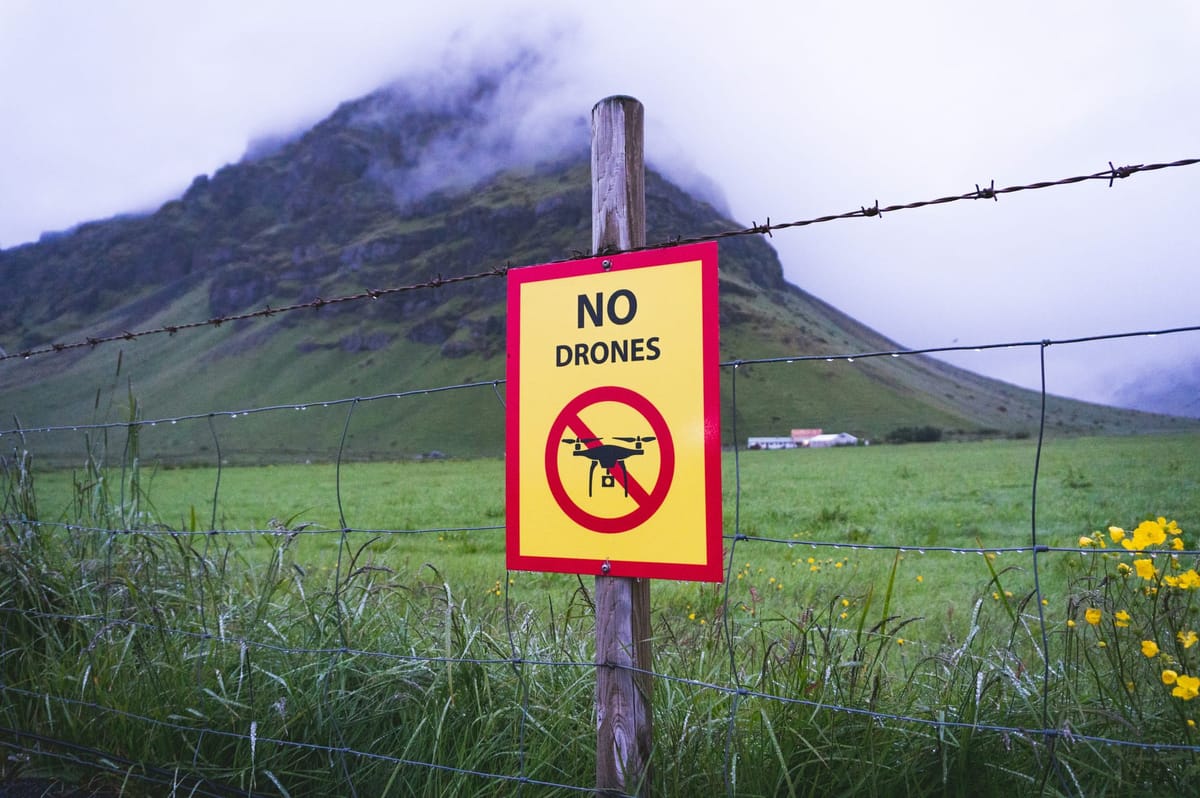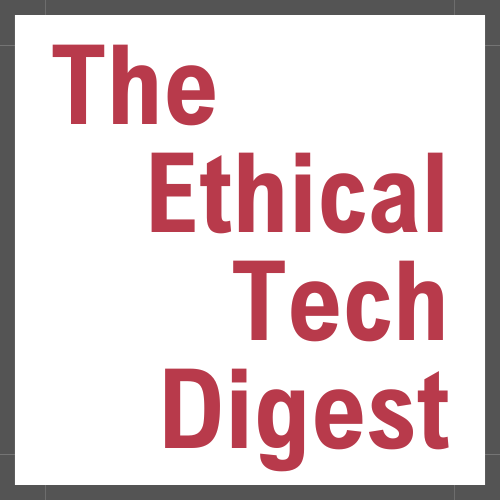🌐 Global Roundup - June 15, 2024
A biweekly roundup of curated stories and opinions about ethical tech and innovation.

David McCabe at the New York Times gives a briefing on how some important upcoming court cases could change the way the First Amendment functions in the internet era. McCabe explains, "The United States decided decades ago to let private companies solve the quandary of speech on the internet themselves. The Supreme Court made this position official in three major rulings in the 1990s and early 2000s. But lawmakers aren’t sure about this arrangement, now that giant online platforms are the new town square." New York Times
OpenAI hires Kevin Weil, President of Planet Labs, a company that captures detailed satellite imagery and analysis daily and sells it to government and enterprises. As it turns out, the Earth observation industry collects enormous amounts of data, and Weil will potentially be helping OpenAI keep their hands on this kind of data for their own model training. Planet Labs | Axios
A new study by NYU's Claire Robertson and colleagues explores the impact of the internet on human morality, highlighting how evolved responses like compassion and the urge to punish are distorted online. Her hypothesis? The internet’s constant stream of extreme stimuli leads to compassion fatigue, public shaming, and virtue signaling. Neuroscience News | PNAS Nexus via Oxford University Press
India’s latest election embraced AI technology. Here are some ways it was used constructively. As it turns out, India is an early adopter, and the country’s experiments with AI serve as an illustration of what the rest of the world can expect in future elections. PBS
The Stanford Internet Observatory is being dismantled. House Republicans attacked the lab’s reports on misinformation and election integrity — and now Stanford is pulling the plug. Platformer
Y Combinator goes to DC. Garry Tan, President of Y Combinator, traveled to DC to advocate for measures to help startups' ability to compete with Big Tech by backing open source, non-competes and more neutral app ecosystems. Y Combinator's investments are counting on it. Y Combinator
OpenAI insiders are now demanding a “right to warn” the public. Vox
There's a new TED Talk by Rumman Chowdhury, entitled "Your Right to Repair AI Systems". She tells the story of farmers fighting for the right to repair their own AI-powered tractors (which some manufacturers actually made illegal), proposing everyone should have the ability to report issues, patch updates or even retrain AI technologies for their specific uses. TED on YouTube
NOEMA's Editor In Chief Nathan Gardels writes about ‘Autocratic Connectivity’ In China And India, and how the ruling parties of the world’s two largest nations are fusing high-tech tools with old-fashioned patronage and local wardens. NOEMA
